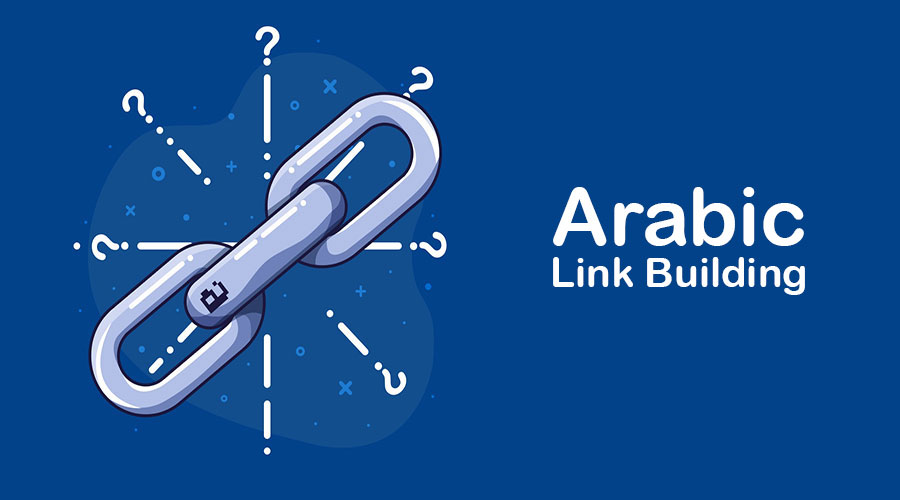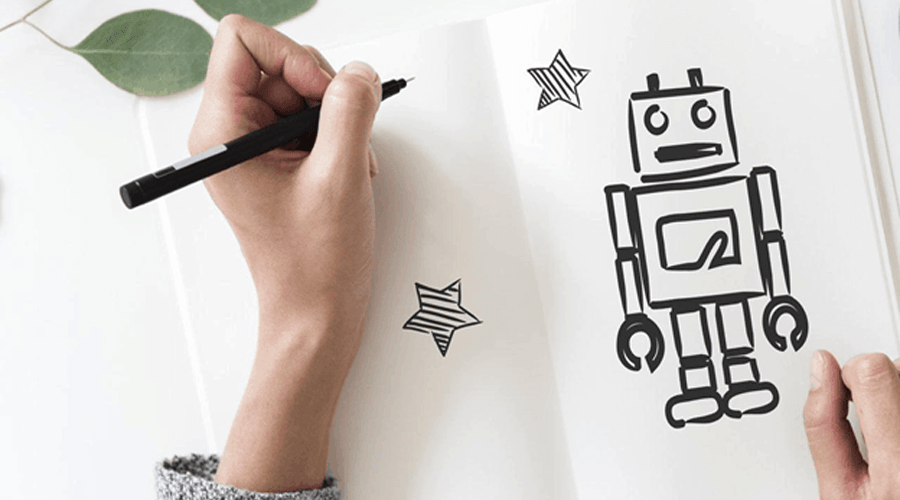Over 100,000 marketers in our community! Let's talk about your technology and marketing events/webinars in our community. Learn More
How Does Social Media Affect Health
Originally published: October 31, 2022 01:45:04 PM, updated: November 24, 2022 09:56:48 AM

Although social media has taken over as our primary method of communication, there are potential drawbacks.
Children and teenagers nowadays are growing up surrounded by digital media. TV, social media, video games, and much more are included. Additionally, it's all accessible on various devices, including computers, gaming systems, smartphones, and other screens.
Media has the power to shape how young people feel, learn, think, and act. This is why it's essential to know the pros and cons of digital media and how to find a good balance for your family.
Social media and mental health
The human species is a sociable animal. To prosper in life, we require the companionship of others, and the quality of our relationships has a significant bearing on both our mental health and enjoyment.
Social interaction with others has been shown to decrease stress, anxiety, and depression, improve self-esteem, bring comfort and joy, prevent loneliness, and even lengthen life. On the other hand, a lack of solid social ties can seriously jeopardize your mental and emotional well-being.

Many people around the globe now use social media sites like Facebook, Twitter, Snapchat, YouTube, and Instagram to communicate with one another. While each has advantages, it's crucial to keep in mind that social media can never fully replace face-to-face interaction.
The hormones that reduce stress and make you feel healthier and more optimistic are only released when you are in direct physical contact with other people. Ironically, social media, which is meant to bring people together, can really make you feel more alone and isolated and aggravate mental health issues like anxiety and depression if you spend too much time on it.

A poll by Derar Barqawi shows that many experts still believe that social media can impact mental health.

It could be time to reevaluate your online behaviors and achieve a healthy balance if you're using social media excessively and experiencing melancholy, dissatisfaction, frustration, or loneliness.
The following are examples of how social media can negatively affect mental health.

Self-absorption
An unhealthy sense of self might result from posting innumerable selfies and sharing your personal opinions about all conceivable social situations. This kind of self-centeredness can create distance and a chasm between you and the people in your life.
It causes less happiness
We are less joyful as we use social media more frequently. A study done a few years ago found that people who used Facebook were less happy and satisfied with their lives in the short term. The more people used Facebook daily, the more these two variables declined. The experts think that this might be because, unlike other solo activities, Facebook makes people feel like they are alone.
Fear of missing out
The idea of fear of missing out has been around much longer than social media. Platforms like Twitter, Facebook, Instagram, and others are ineffective. These websites and apps might make you feel as though everyone else has better lives than you do as you go through them.
Your sense of worth may suffer if you believe that there are many wonderful things that you are missing out on. You might wind up utilizing social media even more as a result because it might make you feel nervous and lonely.
It can result in a vicious cycle of jealousy
It's no secret that social media comparisons make individuals envious; most people will readily acknowledge that witnessing others' idyllic vacations and well-behaved children makes them feel jealous. There is little doubt that using social media increases feelings of envy.
"This volume of envy occurrences taking place on FB alone is amazing, offering proof that FB offers a fertile ground for invidious thoughts," stated the specialists of one study, which examined jealousy and other bad feelings while using Facebook. They say it can spiral into a negative loop where people always try to outdo one other and feel jealous, leading to a never-ending cycle of one-upmanship and jealousy.
Anxiety and depression
Humans are, by nature, sociable beings. We need relationships to keep our mental health in check. According to studies, making eye contact with a loved one instantly lowers stress, controls heart rate, and can lessen pain and inflammation.
Your chance of acquiring or getting worse from depression, anxiety, and other comparable mood disorders increases the more social media connections you have in place of real-world interactions.
The relationship between social media usage and depression has been the subject of numerous studies. Results strongly imply that increased time and intensity spent on social media is associated with a significant increase in depression symptoms.
Body image problems

Another detrimental effect that has been getting more attention in recent studies is body image issues. Snapchat dysmorphia is a new phrase that has been coined to describe a troubling tendency among young (mainly) women who use social media filters. Snapchat dysmorphia happens when people contrast their actual appearance with filtered (altered) selfies, albeit it is not (yet) a recognized mental health disease.
Snapchat dysmorphia is a term used to explain the ingrained desire to alter one's physical characteristics in order to conform to filtered photographs. The great emphasis currently being placed on — listen to this: perceived — defects can cause feelings of dissatisfaction and unhappiness.
The phenomenon has advanced to the point where plastic surgeons are now observing a startling increase in patients seeking cosmetic surgery to change their actual appearance so that it more closely resembles a filtered image of themselves.
Protecting your teen from social media

You can encourage appropriate social media use and reduce some of its harmful impacts by taking specific actions. Take into account these suggestions:
- Set reasonable limits. Your teen should be taught how to use social media without allowing it interferes with his or her activities, sleep, meals, or homework. Keep phones and tablets out of teenagers' bedrooms and promote a bedtime routine free of electronic media use. Set an example by abiding by these guidelines.
- Monitor your teen's online activity. Inform your teen that you will be checking his or her social media accounts frequently. Aim to do this at least once every week. Make sure you finish what you start.
- Don't let your teen publish photos or videos that put their character or safety in danger. Despite the fact that most individuals publish movies and photos with the best intentions, it's simple for things to be misconstrued or taken out of context. Since everyone is online, the wrong message can have long-lasting effects. Make sure your teen understands that they should only publish photos and videos that positively portray themselves and others.
- Specify what is improper. Encourage your child to refrain from spreading rumors, harassing others, or harming their reputation, whether offline or online. Discuss with your teen what information is appropriate and secure to post on social media.
- Encourage in-person interactions with friends. Teenagers at risk for a social anxiety disorder should pay special attention to this.
- Discuss social media. Talk about your own usage of social media. Inquire about how your teen uses social media and how it affects him or her. Remind your teen that the photos on social media are frequently inflated.
- Establish rules/guidelines for their use of social media. An excellent strategy to help your teen develop positive social media habits is to set rules or guidelines upfront. You don't want to establish overly rigid rules, though, because doing so increases the likelihood that your teen will actively and covertly try to breach them. Make regulations that encourage your teen to make wise decisions on their own whenever possible.
- Privately maintain your child's profile. You can choose to make your teen's account private on the majority of social networking platforms. This implies that the information on your teen's profile will only be visible to those they have added as friends. This is a crucial step to take in order to keep their content secure and out of the hands of those who would abuse it.
Talk to your healthcare professional if you think social media use makes your teen anxious or depressed.
Join over 100,000 SEO and Google Ads experts. We provide a community to help you engage and learn from industry experts and influencers. Join Now
Get Media Coverage for Your Business!
Get published on Google News, AP News, Benzinga, over 100+ NBC, FOX, ABC & CBS affiliate sites and more.



